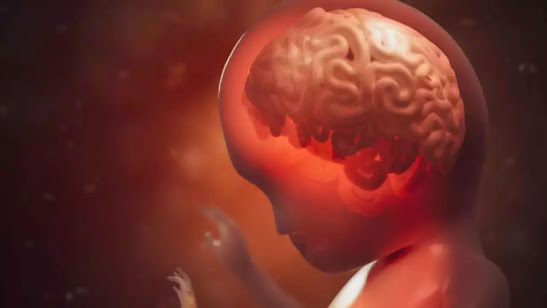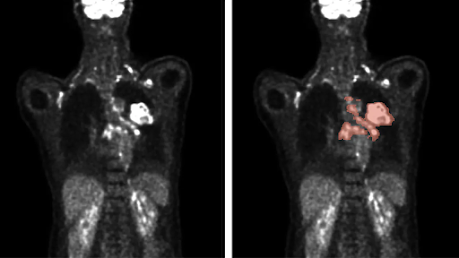Role of Thyroid Hormones in Brain Development: How Do They Work For Fetus Development

Thyroid hormone is an essential hormone that affects many aspects of your body. If you are pregnant and have too little or too much thyroid hormone, it can affect the fetus and its brain development. According to experts, a deficiency of thyroid hormone during fetal development can cause mental retardation and other neurological impairments. Read on to know in detail. Thyroid hormones are among the most important hormones that control the speed of your body’s metabolism. However, in infants, the thyroid hormone is highly critical for their brain development. Your thyroid, a small, butterfly-shaped gland located at the front of your neck under your skin, makes and releases thyroid hormone—a crucial part of your endocrine system. Experts say the thyroid hormone acts as a vital regulator for various processes like neuron proliferation, migration, differentiation, and synaptogenesis. “Thyroid hormones provide signals for the differentiation and maturation of various brain cells...




